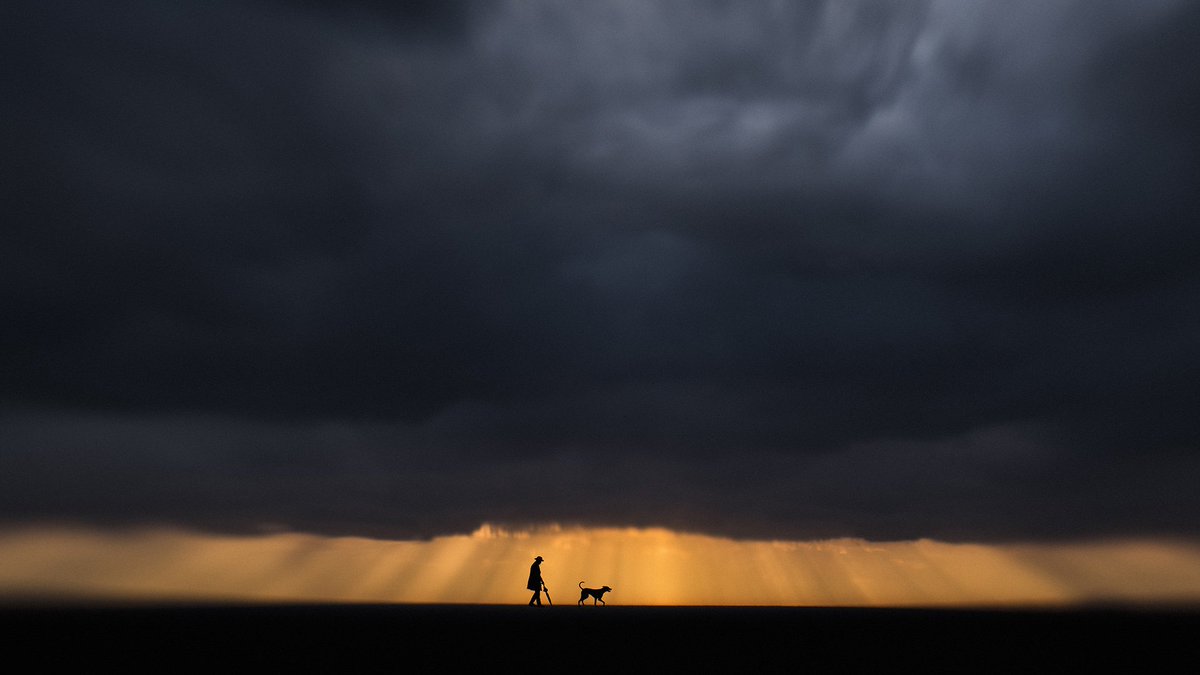| People say we can’t go back to normal life after all this has ended. And in fact would we want to?Who would want to go back to the pressures of commuting on overcrowded public transport or through gridlocked traffic or the stress of office politics? Who would want to go back to pollute d air and streets so loud we can’t hear the birds sing?
Some people are finding lockdown less stressful than normal life and embracing the opportunity to learn new skills and take up new hobbies. However, many people are finding lockdown stressful and do want to return to elements of the old normal. Video conferencing is no replacement for face to face meetings f or business and is even worse for social gatherings. Drinking in front of a screen of friends’ faces while discussing the latest film you all watched online just isn’t the same as going for a drink after watching a film at the cinema. Working is dangerous if you’re a front line worker and your employer won’t provide protective equipment. Working itself has become a thing o f the past if you aren’t considered essential and have been sacked because your place of work is closed for the foreseeable future. Working from home isn’t easy if you don’t have a dedicated space and even if you do, it’s more difficult than ever to balance work and home. Staying home is not staying safe if your partner is abusive or your flatmates are unfriendly or constantly flout social distancing to bring home their latest sexual conquests. Relationships are falling apart as people are forced to move in together to o early in their relationship or as the stresses of family life in lockdown take their toll. Domestic violence is on the increase. Many people will co me out of this to find themselves in poverty, with long term mental health problems or broken relationships. Many businesses will have gone bust, including many that help to make life interesting and sociable: theatres, cinemas, restaurants, pubs. Many small charities will struggle to survive. Social distancing is vital to reduce the spread of the virus but make s people instantly more suspicious of others. It takes effort to be friendly now, to smile and say hello rather than to turn away just in case the app roaching pedestrian coughs as she passes. People seem keen to report their neighbours for lockdown violations and the police are sometimes all too keen to clamp down on activities such as sunbathing and regularly overstep the mark, even on occasion telling people to get back in their houses when the y’re sitting in their own gardens. Environmental organisations an d others eagerly talk about a future new normal where people will be valued above the economy. They talk of reduced pollution, a greater appreciation of the things that really matter from nature to essential workers. They suggest that we’ll all be able to work from home if we want, the streets will be safer, we’ll rediscover a nicer, kinder, more eco-friendly life. On the other hand, because populations across the world have accepted significant restrictions of civil liberties as a proportionate response in tackling the pandemic authoritarian governments may well use this as an excuse for future draconian social control. The new normal is just as likely to be heavily policed, with us all being forced to carry tracking devices at a ll times (and being denied work or entry to shops and restaurants if we ref use), to report on our every movement. We can’t go back to the old normal but what new normal awaits us?
Juliet is an adult education tutor and conservati on volunteer based in Edinburgh, Scotland. She blogs at Crafty Green Poet ( http://cra ftygreenpoet.blogspot.com) |
